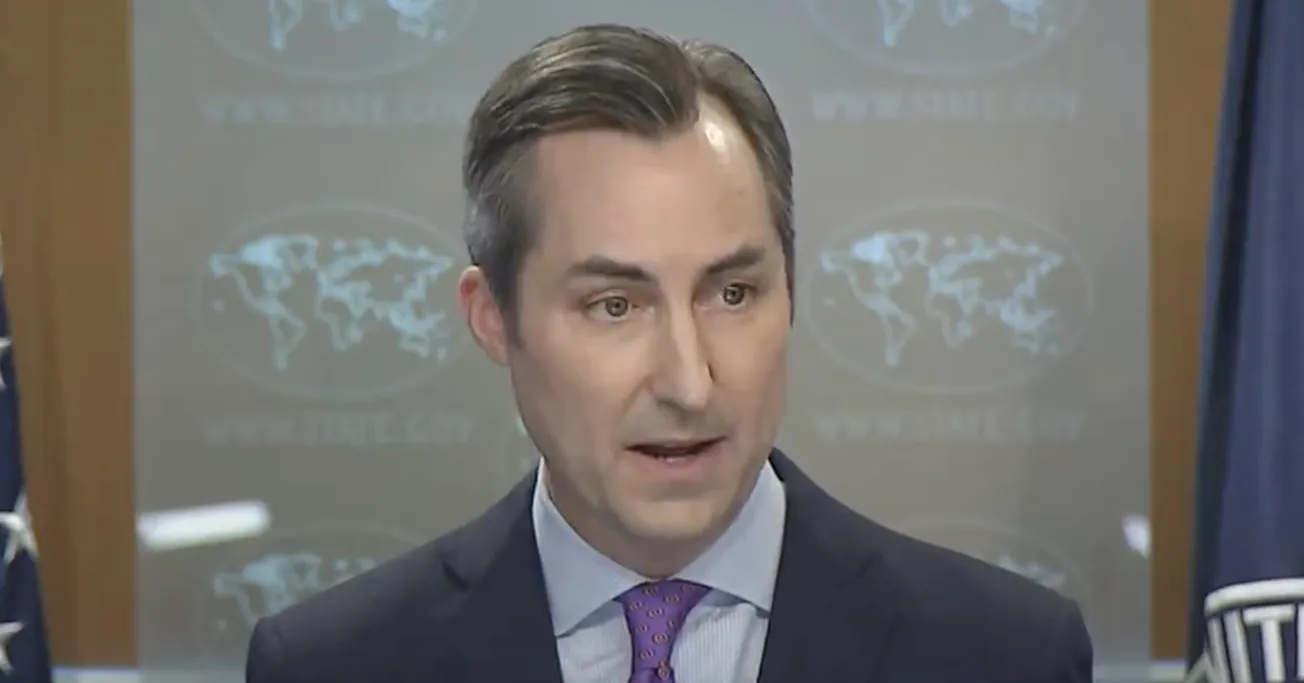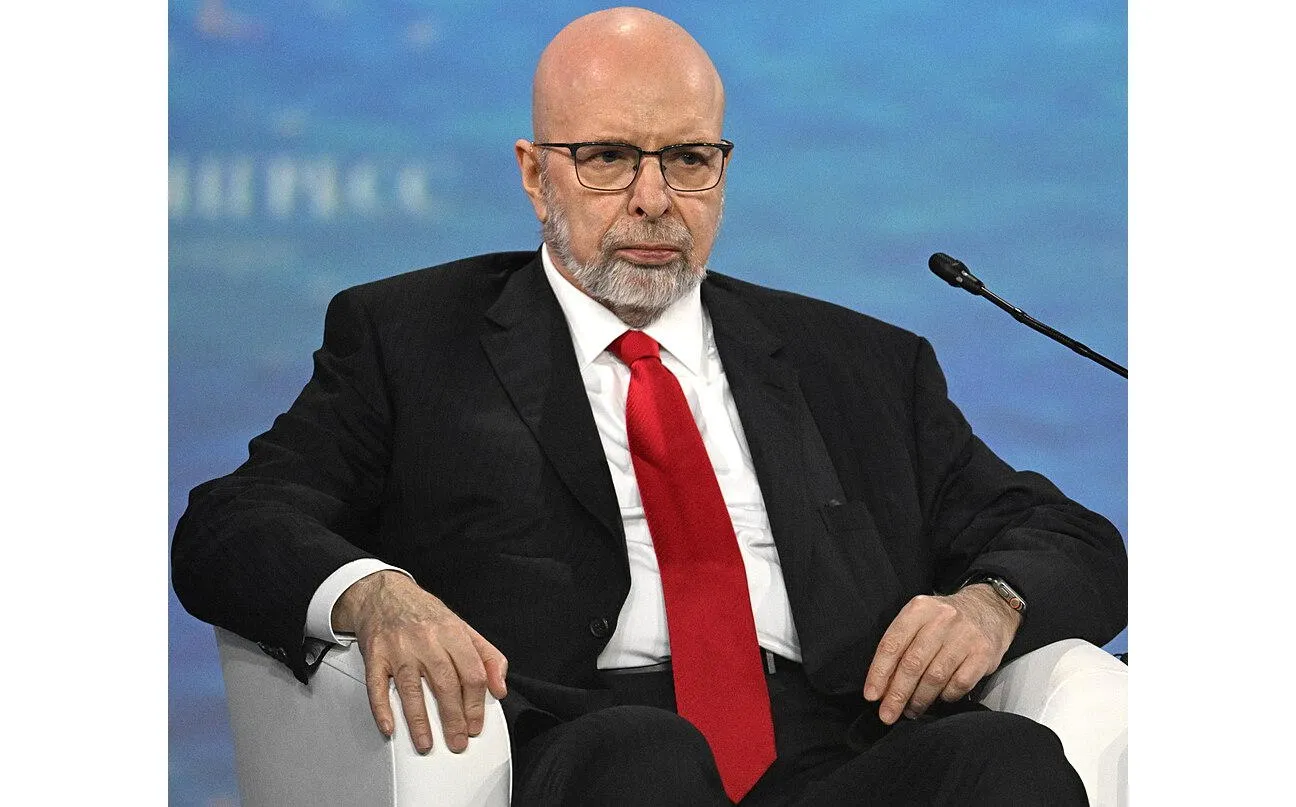The official U.S. response to the June 23 Ukrainian attack on a beach in Sevastopol with U.S.-supplied ATACMS missiles amounts to little more than saying “it serves them (the Russians) right for being there in the first place.”
“I will just tell you what the ambassador said when she met with the Russian Foreign Ministry, and that is of course that we lament any civilian loss of life in this war,” State Department spokesman Matthew Miller told reporters at the State Department yesterday. “We provide weapons to Ukraine so it can defend its sovereign territory against armed aggression. That includes in Crimea, which of course is part of Ukraine, and Russia could stop this war today and end the suffering caused by the war Russia launched today if it would stop its occupation of sovereign Ukrainian territory and stop launching attacks on civilians.”
In response to a follow-up question on the terrorist attacks in Dagestan later the same day, Miller dismissed Russian claims that Ukraine was behind those attacks. “I don’t have any assessment of the underlying attack, including who was responsible for it, but I will say you have seen Russia make ridiculous claims about responsibility in the past,” he said. “You might recall that after the terrorist attack in Moscow in March, they blamed the United States despite the fact that the United States had warned them about the attack in advance. So it’s not unusual for the government in Moscow to make ridiculous, hyperbolic claims about responsibility that aren’t borne out by fact.”
At the Pentagon, spokesman Maj. Gen. Patrick Ryder deflected questions of U.S. involvement by claiming that Ukraine makes its own targeting decisions and, well, you shouldn’t trust Russian claims about civilian casualties anyway. “[U]ltimately I’d refer you to Ukraine to talk about their operations. You know, they make their own decisions when it comes to operations and targeting. We don’t have any information to indicate whether or not civilians were killed[!]” he said. “Certainly, you know, as I understand it, that’s something that we will talk to the Ukrainians about. It’s—we’ve been very clear about, you know, we don’t want to see civilian casualties.”
And of course, it’s all the Russians’ fault anyway: “It’s important to take a look back at how we got to where we are today, which was Russia’s illegal invasion of Ukraine, and if they’re concerned about casualties among their forces, then they should stop this war immediately and return Ukraine’s sovereign territory versus throwing their forces unnecessarily into this.”
When asked directly if the U.S. provided intelligence support and targeting data for the Sevastopol strike, Ryder replied: “I’d refer you to them [the Ukrainians] on any of their operations. And again, Russia is responsible for conducting its invasion of Ukraine and leading to the death and destruction of thousands of innocent Ukrainians.”
The EU bureaucracy responded similarly. EU foreign affairs spokesman Peter Stano, responding to a question from TASS, said reports from Russian officials about Ukrainian actions and their consequences have “close to zero credibility and cannot be trusted” by Brussels.




